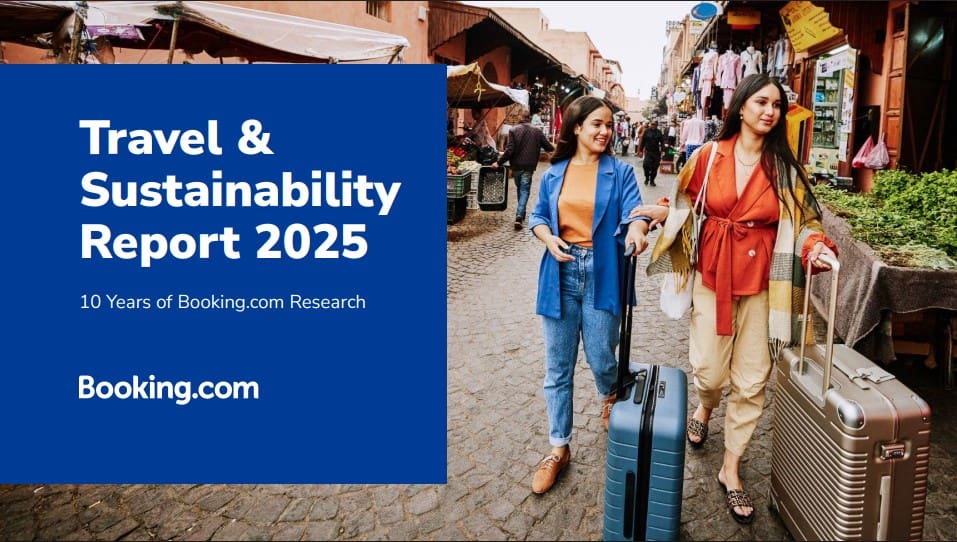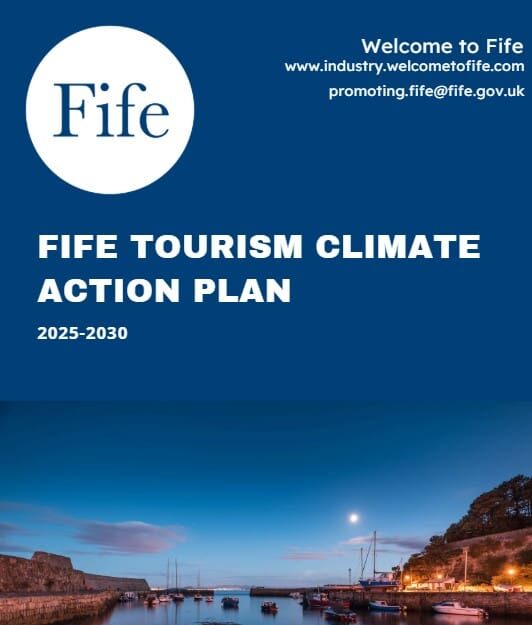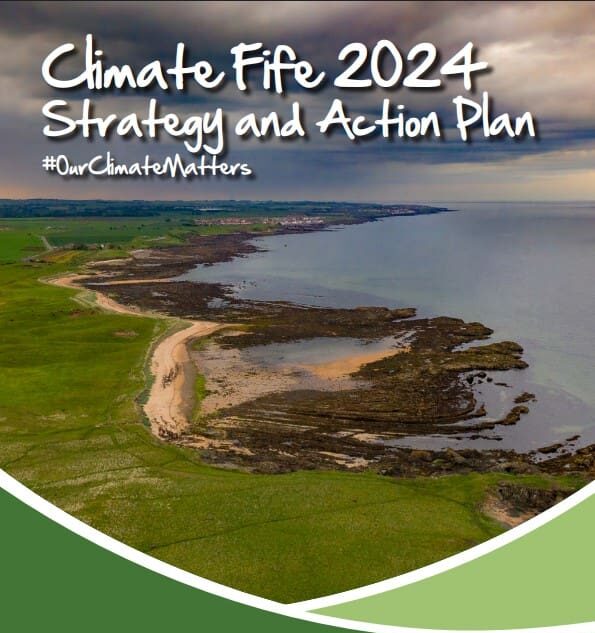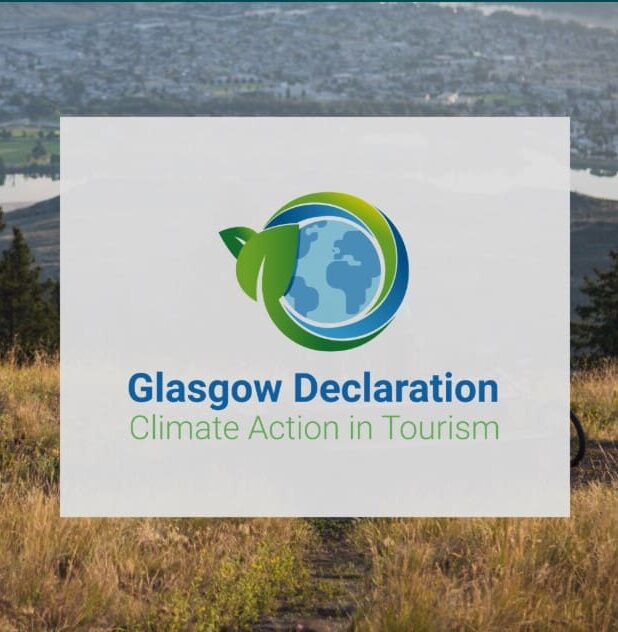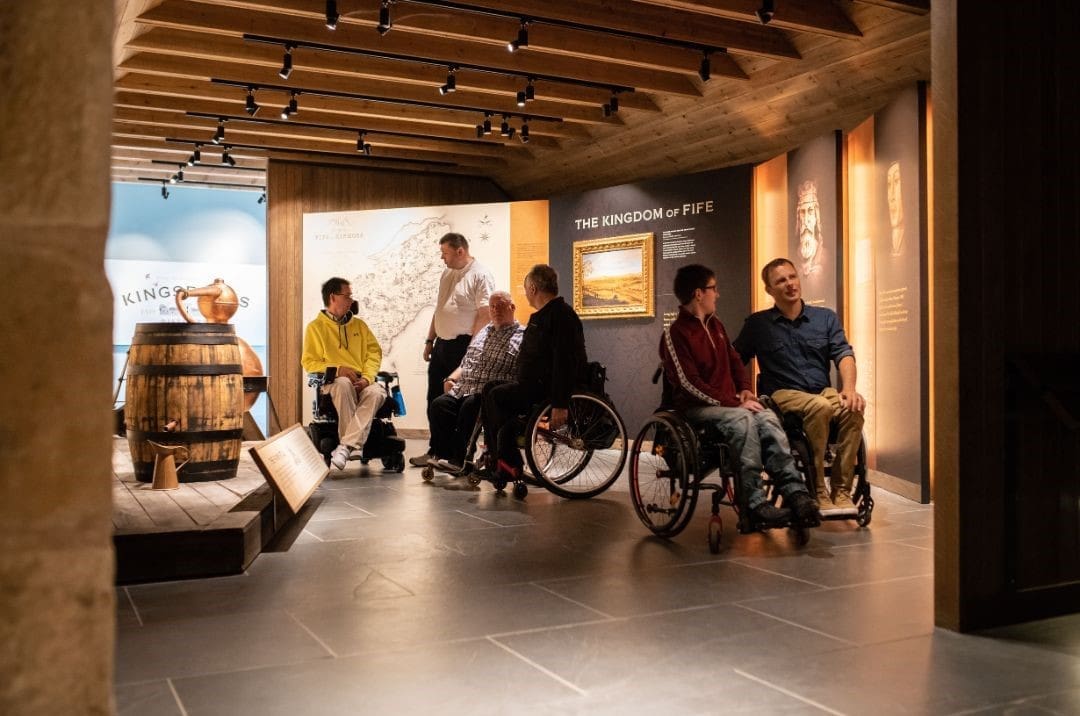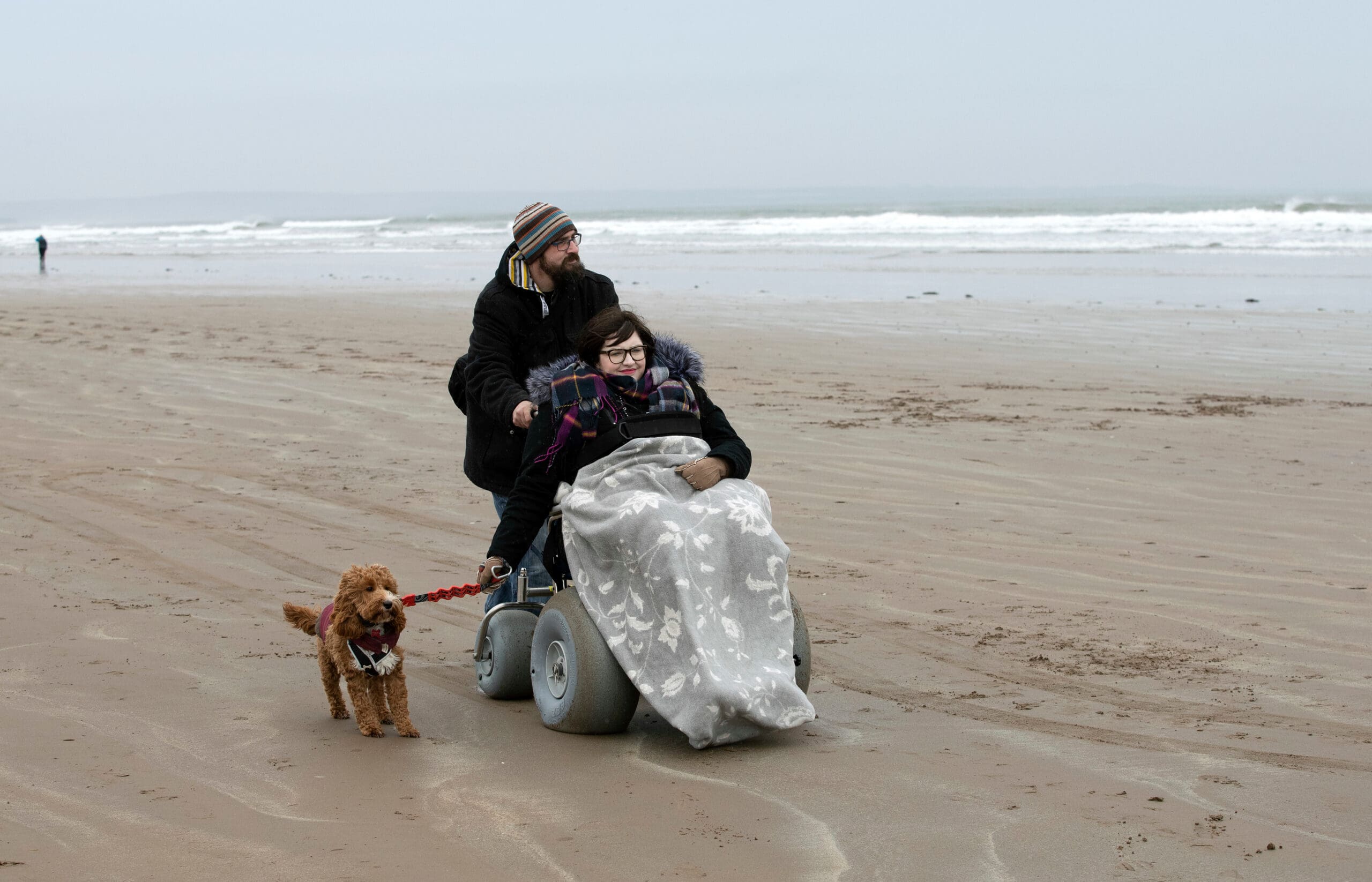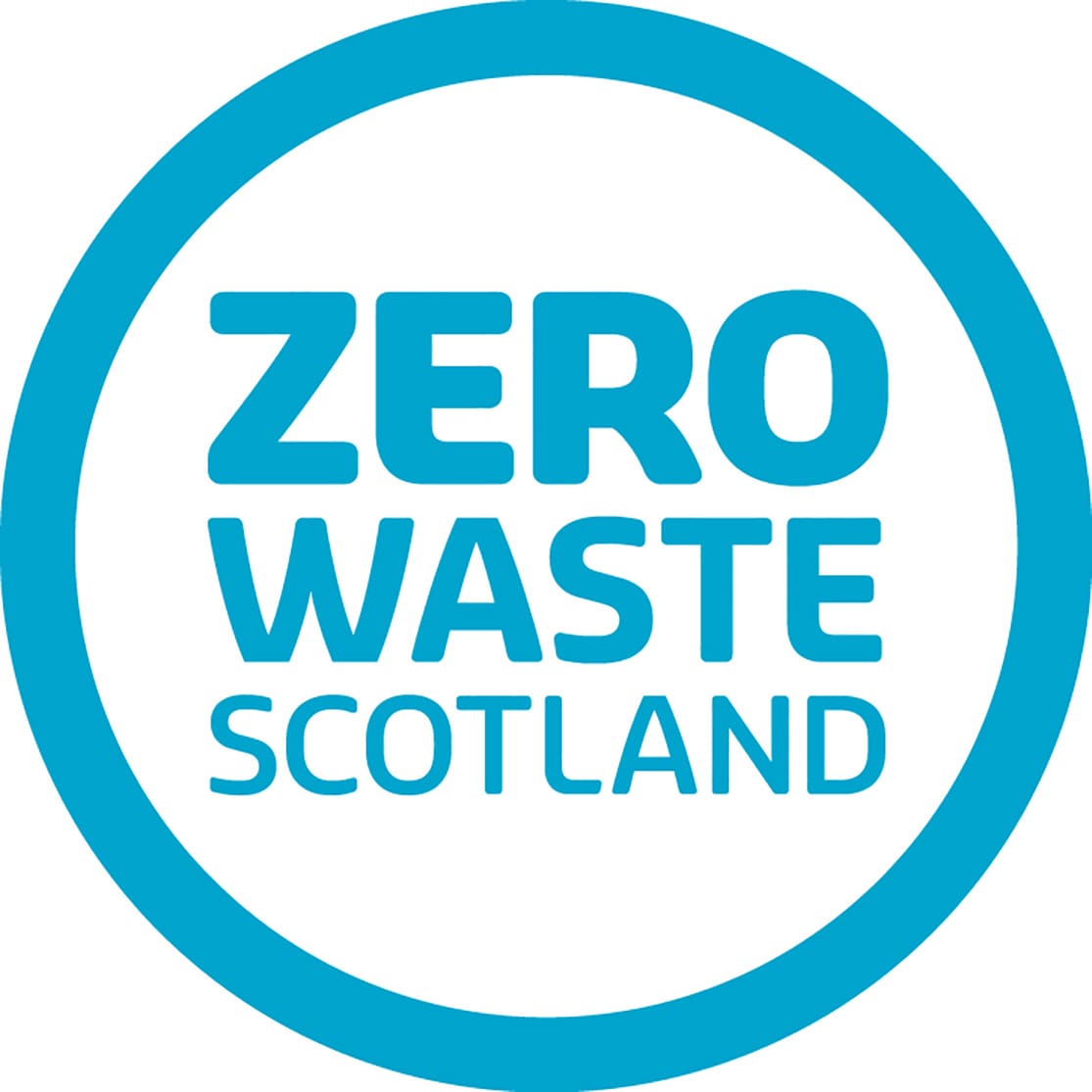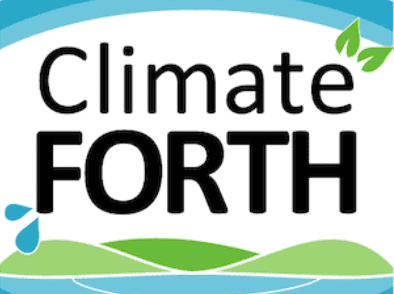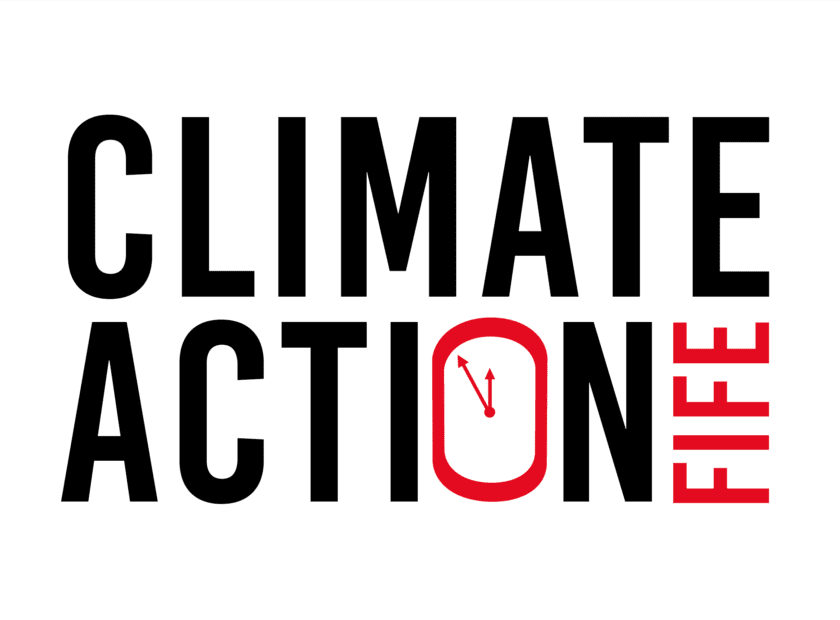Responsible Tourism
What is Responsible Tourism?
Broadly speaking, Responsible Tourism is a way of travelling or offering tourism experiences that aim to minimise the negative impact tourism has on the environment, local communities, and the local economy.
Responsible tourism is about making our destination a better place to live, and therefore a better place to visit for all.
Responsible tourism is the umbrella under which Sustainable, Accessible, and Inclusive tourism falls, and shares the spotlight.
Why is Responsible Tourism important to Tourism in Fife?
In 2023, Welcome to Fife published our refreshed Tourism Strategy, which is built on 4 main priorities: Place, People, Businesses and Sustainable tourism, covering the essential pillars of responsible tourism.
Building on the responsible tourism practices, tourism can be a force for good, supporting communities and our local economy by:
- supporting tourism jobs
- improving the well-being of everyone who experiences it
- protecting our natural and cultural assets for future prosperity
- building business resilience
How does Responsible Tourism benefit your business?
Responsible tourism is more than a nice to have - it is a commitment to creating an inclusive and welcoming industry and business for all to experience. By ensuring attractions, accommodation providers, activity providers, and food & drink businesses cater to the needs of all visitors, the destination will become open to everyone, fostering a sense of belonging and improving the overall visitor experience.
Responsible tourism promotes equal opportunities, enabling any visitor to explore, enjoy, and engage with your businesses, or the overall destination. By actively being welcoming to a wider audience, including individuals with different needs and requirements, tourism businesses tap into a growing market, not just the purple pound (the spending power of disabled households, in 2023 estimated to be worth approximately £274 Billion per year to the UK economy). This inclusion drives revenue and boosts local economies, a sense of inclusivity, as well as reputational responsibility.
Economic Impact
The economic impact generated by tourism, especially in Scotland, is a large GDP contributor, and one of the largest employers.
VisitScotland Data
According to VisitScotland research, every year, visitors make a significant contribution to the Scottish economy through the Visitor Economy. Scotland's visitor economy is identified as industries, businesses and jobs created, and money generated by people travelling around Scotland (international as well as domestic visitors), whether the travel is for leisure or business.
In 2023, the visitor economy in Scotland was estimated to have generated £10.8 Billion, supported 245,000 jobs, sustaining 16,045 tourism businesses, and an events industry generating £5.5 Billion.
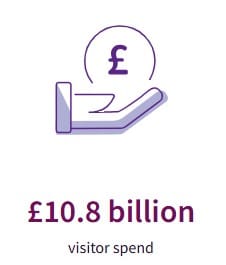
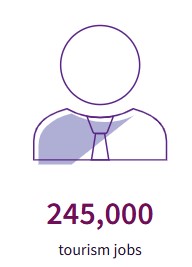
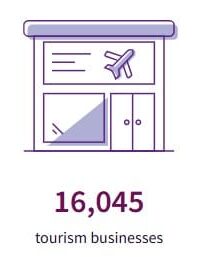
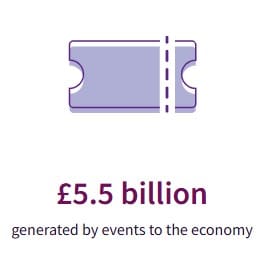
Booking.com
Booking.com's research in 2025 reveals that there is still a growing awareness in visitors how tourism impact communities.
Their research now indicates that for the first time ever, more than half of global travellers (53%) pay more attention to the impact of tourism on local communities. As there is an obvious economic impact to tourism, 73% of travellers are wanting their money to go back into the local communities, and about 69% want to leave the place they visit better than they found it.
With the influx of visitors into an area, certain challenges might arise like increased pressure on traffic systems, increased littering, overcrowding, lack of affordable house, and rising cost of living. More details and insights can be found in the Booking.com report.
Environmental Sustainability
The entire world is currently living in a Climate Emergency, with the number of flash floods, heatwaves, and wildfires ever increasing, not only on a global scale, but also here in Scotland. In tourism, our destinations are the products we sell and promote to visitors, and any climate impact on our natural and build heritage will inevitably affect the sector. With air and road travel being an essential part of tourism, our sector is one of the largest contributors to carbon equivalent emissions (CO2e) globally.
In 2019, Fife Council declared a Climate Emergency, committing to the target of net-zero by 2045. In 2024, the Climate Fife 2024 Strategy and Action Plan provides a revised, refreshed, and focussed strategy on what Fife Council will deliver in the near future. The Scottish Government has declared the intention and commitment through Net Zero Nation to reach Net Zero by 2045, 5 years ahead of the UK Government targets.
At COP26, The united Nations Climate Change Conference in Glasgow in 2021, The Glasgow Declaration Climate Action in Tourism was signed into existence, of which Welcome to Fife became an official signatory in February 2024.
In autumn 2025, the official Fife Tourism Climate Action Plan will be launched.
Inclusive Tourism
Inclusion is the practice or policy of providing equal access to opportunities and resources for people who might otherwise be excluded or marginalised, such as people with physical or cognitive disabilities, or members of other minority groups.
Accessible tourism ensures that tourist destinations, products, and services are accessible to all people, regardless of their physical limitations, disabilities, or age. This includes accommodation providers, transportation, attractions, and public spaces designed to be inclusive and welcoming.
Accessible tourism is not just about compliance with regulations; it’s about creating an inclusive environment where everyone can enjoy travel experiences. Here, we explore the numerous benefits of making tourism accessible for all.
Great places to start your responsible journey

Fife Climate Hub
Fife Climate Hub empowers community-led action on the climate crisis. It helps to build the capacity of existing community groups working on climate and deliver stronger collaboration between groups and organisations.


